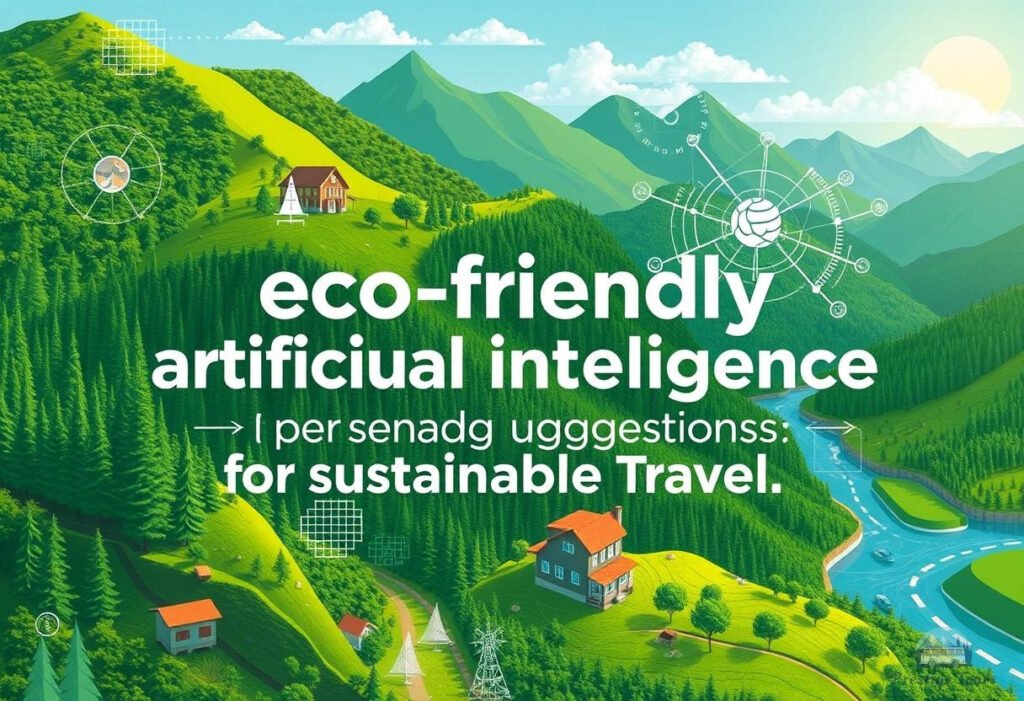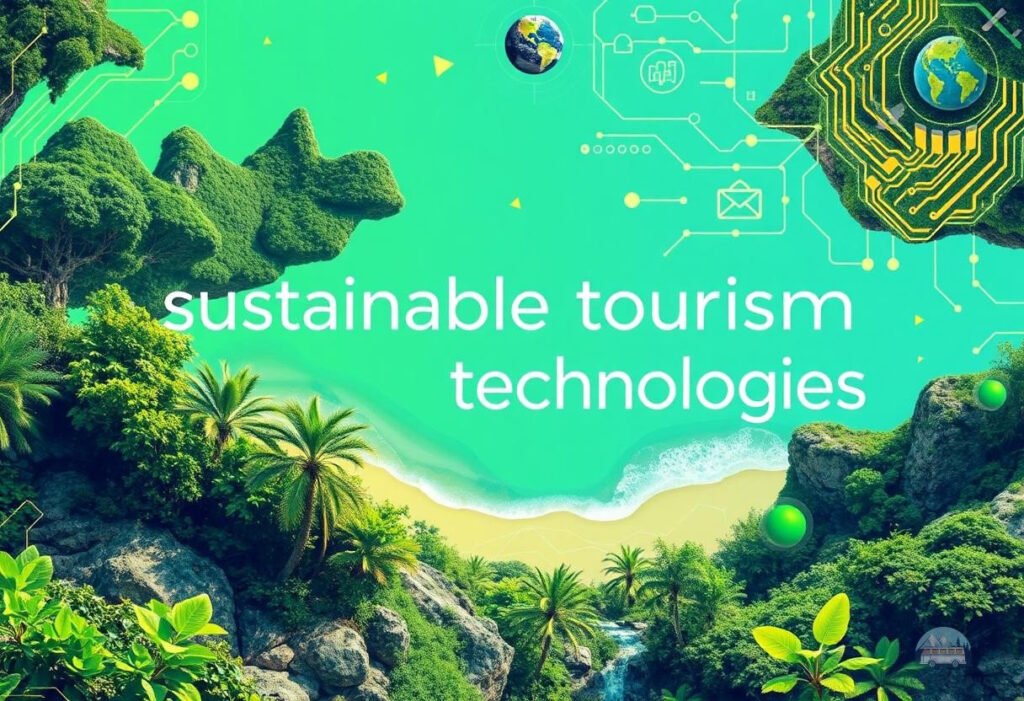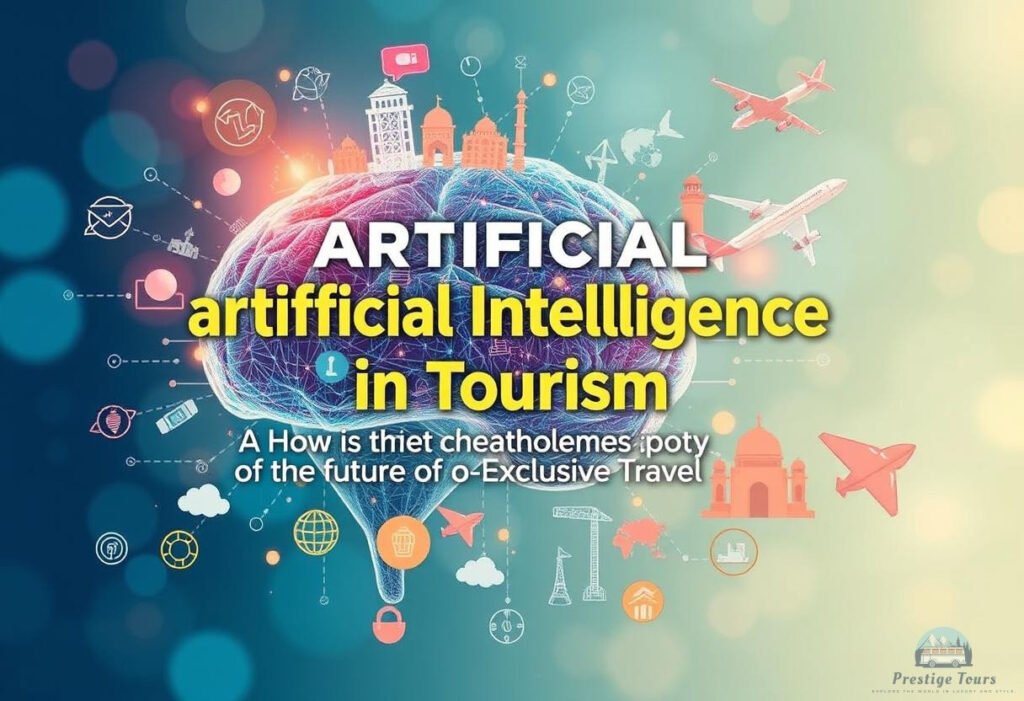Introduction
Sustainable tourism technology is an approach that aims to develop the tourism industry taking into account environmental, social and economic sustainability. Today, artificial intelligence (AI) and high technology play a key role in ensuring such development, allowing for optimization of processes and minimization of negative impact on the environment. In this post, we will look at how AI and modern technologies can change the face of the tourism industry, making travel more sustainable.
Artificial Intelligence in Tourism
Personalizing the travel experience
Artificial intelligence is actively used to analyze traveler preferences, which allows for the creation of unique and personalized itineraries. With the help of AI, travel companies can recommend eco-friendly travel options to customers based on their interests and past travels. Such solutions not only help to meet customer needs, but also promote more conscious choices that support the concept of sustainable tourism technologies.
Optimization of logistics and transportation
Smart infrastructure for eco-friendly transport is becoming an integral part of the tourism ecosystem. Artificial intelligence helps manage tourist flows and redistribute resources depending on demand, which helps reduce congestion in popular places. This not only improves the quality of service, but also reduces the negative impact on the environment.
High technology for environmental protection
Eco-technologies in tourism
Innovations in renewable energy sources are becoming the basis for eco-friendly hotels and tourist facilities. The use of technologies to protect ecosystems, such as wastewater treatment systems and solar panels, can significantly reduce the carbon footprint. As a result, such solutions not only contribute to the protection of nature, but also to the popularization of responsible tourism among travelers.

Smart solutions for environmental monitoring and analysis
The use of data analytics for sustainable management of natural resources plays a key role in monitoring the state of the environment. Sensor technologies allow collecting and processing data on the state of the environment, such as air and water pollution. This allows timely measures to restore ecosystems and protect nature from the negative impact of tourism activities.
Practical examples of sustainable tourism technologies
Successful projects and initiatives
Some countries are already implementing high technologies in the tourism sector. Case studies show how the use of AI and high technologies allows local communities to develop their areas and focus on sustainable development. This has a positive impact on ecosystems and people's quality of life.
The Future of Sustainable Tourism
Forecasts for the development of sustainable tourism technologies indicate that innovation will become an important asset for the tourism industry. The prospects for the implementation of AI and other technologies can give new impetus to environmental initiatives, which will make travel not only convenient but also responsible. This will make sustainable tourism technologies a relevant and sought-after direction in the future.
Conclusion
Thus, the application of artificial intelligence and high technology in the tourism sector opens up new opportunities for sustainable development. These innovations help to create more responsible and environmentally friendly routes and support environmental protection. Cooperation between tourism companies, government agencies and local communities is critical to the implementation of these initiatives. For more information on environmental health, please visit World Health Organization. It is also worth paying attention to resources such as Ecotourism in Russia, which focus on the development of sustainable tourism technologies.











